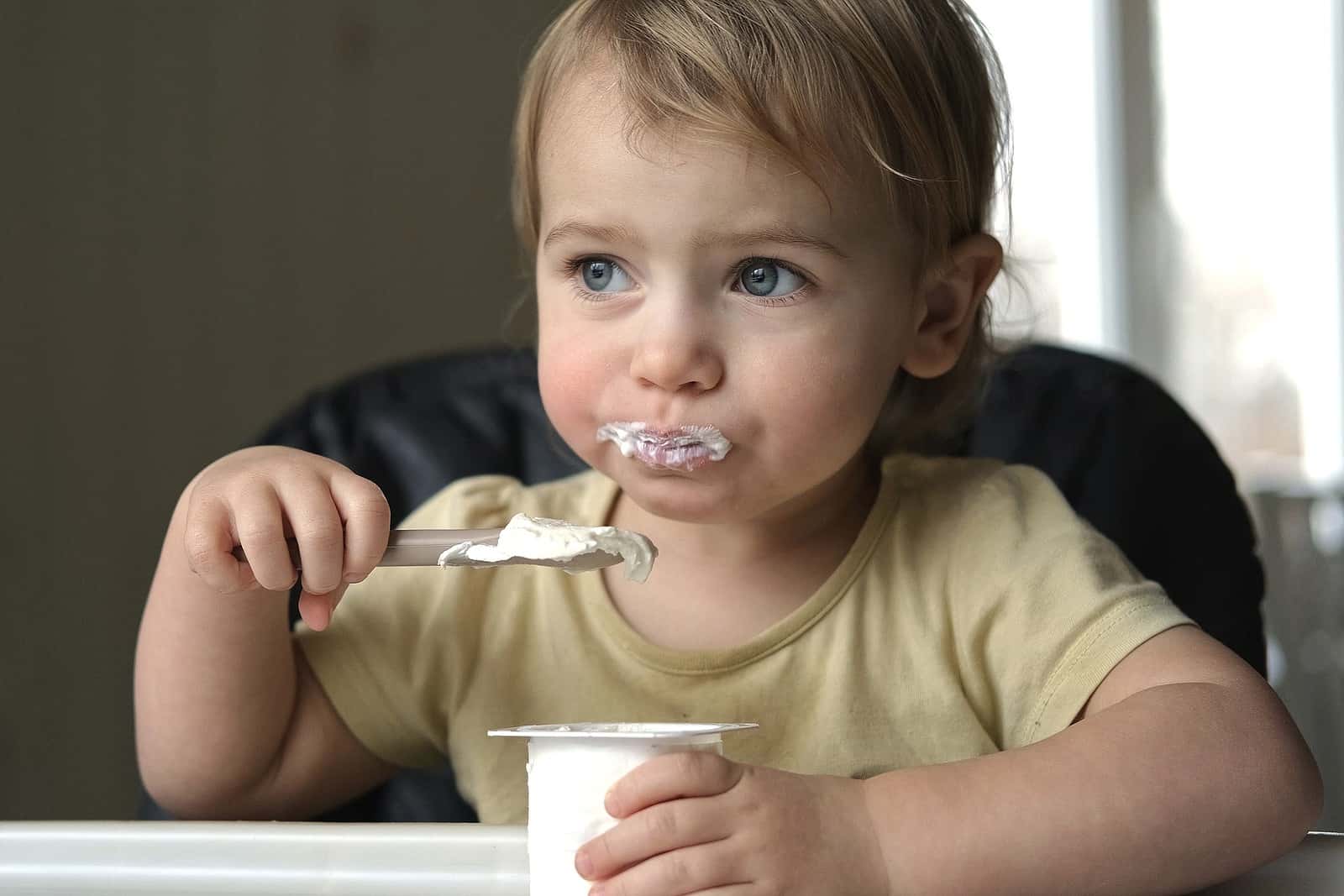
Eczema is a chronic skin condition that causes inflammation and itching. It often starts quite early in life, so parents end up in a quandary: do they expose their babies to potent medications or do they try non-drug approaches to keep kids from scratching? Some parents and grandparents would like to know more about using probiotics for children suffering from eczema.
Probiotics for Children May Help Skin:
Q. Our grandson developed eczema at only a few months old. We used creams, but nothing helped much until I read that Lactobacillus might offer relief.
After being on it for a few weeks, his skin was much better. We mix it in with water and juice so that he likes to drink it. He is nearly two years old now.
A. Thanks for your report. Eczema in babies can be hard to treat. A systematic review suggests that probiotics (like the Lactobacillus your grandson enjoys) can help alleviate the itchy red skin of eczema (Allergy, July 2024). A national panel in India concluded that probiotics have beneficial effects on the skin and the immune system as well as the gastrointestinal tract (Cureus, July 15, 2024). These dermatologists suggested a trial of eight to 12 weeks’ duration.
Are Probiotics Safe for Little Children?
Q. My one-year-old son has been suffering from eczema. It hasn’t improved in spite of numerous visits to different dermatologists and the use of OTC creams and antibiotic regimens. We have tried removing soy and gluten from his diet to no avail.
Someone suggested that probiotics might remedy the eczema, but we are curious how effective and safe this would be.
A. Studies of probiotics show that they can be helpful for eczema in very young children like your son (Allergy, April 2005). Doctors hypothesize that correcting imbalances among the microbes in the digestive tract calms inflammation throughout the body, and thus eases eczema (International Journal of Molecular Sciences, May 12, 2022).
Most reviews of the research conclude that probiotics such as Lactobacillus appear safe in general, but they warn that certain high-risk children might not be able to handle deliberately introduced bacteria. A small study of very sick children concluded, however, that probiotics are safe and potentially helpful (Infectious Diseases and Therapy, June 2019). Of course, we recommend checking with your pediatrician before you start giving your son such a product.
Citations
- Vassilopoulou E et al, "A systematic review and meta-analysis of nutritional and dietary interventions in randomized controlled trials for skin symptoms in children with atopic dermatitis and without food allergy: An EAACI task force report." Allergy, July 2024. DOI: 10.1111/all.16160
- Thomas J et al, "Delphi consensus statement on the role of probiotics in the treatment of atopic dermatitis." Cureus, July 15, 2024. DOI: 10.7759/cureus.64583
- Anania C et al, "Probiotics function in preventing atopic dermatitis in children." International Journal of Molecular Sciences, May 12, 2022. DOI: 10.3390/ijms23105409
- Sadanand A et al, "Safety of probiotics among high-risk pediatric hematopoietic stem cell transplant recipients." Infectious Diseases and Therapy, June 2019. DOI: 10.1007/s40121-019-0244-3

